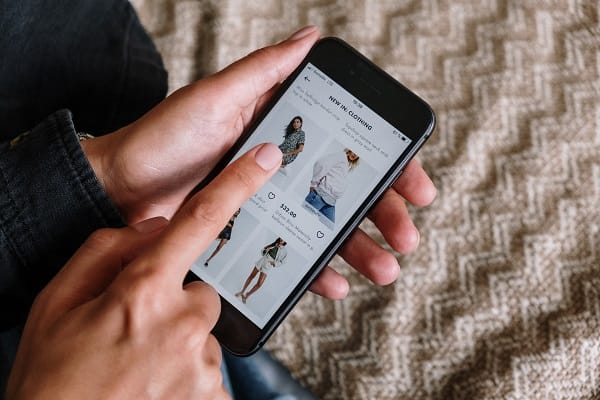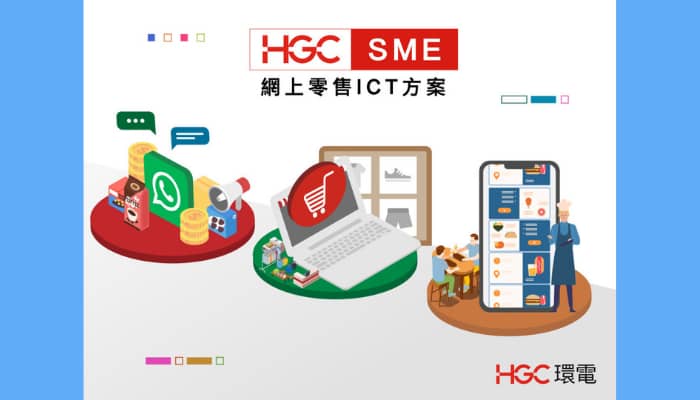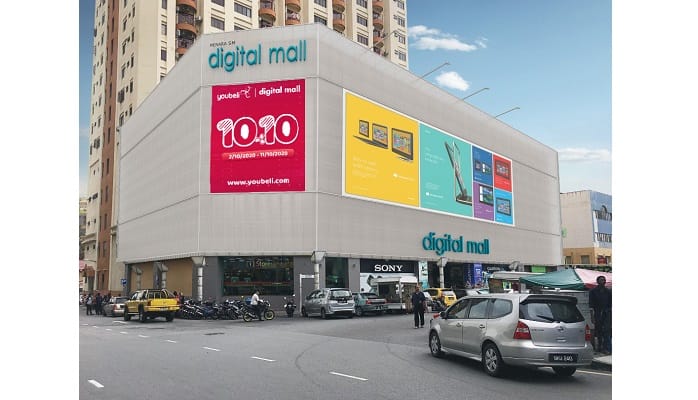Retailers across the globe were already facing challenges engaging with the increasingly digital consumer when the global pandemic hit. The sweeping lockdowns and movement restrictions only made the problem worse. Analysts predict that more than 100,000 stores will shut down by 2025 in the United States alone and retailers across the globe are experiencing disruption in the way they’ve connected and engaged with consumers in the past.
The only way to thrive in this environment is to take a connected retail approach through omnichannel engagement. Retailers can no longer remain purely online or offline players and need to stay in step with customers across multiple touchpoints. This also means brands need to rethink their engagement and communication strategies to acquire, engage, and retain customers in this context. In the process, they must ensure that every touchpoint delivers a consistent, convenient, and continuous experience to the customer.
According to IDC, an omnichannel experience can improve the customer’s lifetime value (LTV) by 30% and customer retention by 90%. These experiences are vital to recognize user behavior across multiple channels. They also magnify user actions to grow ‘micro-conversions’, the ‘wow’ moments that nudge shoppers towards a purchase, such as following a brand on social media or adding an item to the cart or wishlist. At the same time, connected experiences can highlight critical user moments to lower drop-offs.
For example, if you were in a physical store and couldn’t find the staff to help you with questions about an item, eventually you might put it back on the shelf and leave. The same can happen online if brands are not present for these moments. Finally, connected experiences allow for relevant, personalized communications across channels and a boost to LTV through loyalty programs.
A connected experience is more than just having multiple channels of communication. Gartner defines a connected experience as one during which customers can shop without any channel limitations. Customers can choose their preferred channels for purchase; how they’d like to pay; and how they’d like to obtain the items.
How can retailers create this kind of unified experience and transform brick and mortar customers into digital ones?
Before retailers start implementing a connected customer journey, they need to have a clear blueprint of how to implement it and assess preparedness. A one-size-fits-all approach could fail. A connected experience strategy can be divided into three stages: crawl, walk, and run.
Crawl: The most basic stage where foundation building happens. This is where brands and retailers understand the things that work best for customers such as typical user events and the triggers for them. The key objective in this stage is to initiate communication with customers. An example of this in practice could be sending a personal message to thank someone for following you on social media and sharing a link to your website.
Walk: With the triggers identified and messaging refined, the next stage is to connect the dots across channels. Steps in this stage are creating separate messages for acquisitions, retention, and engagement across each channel; knowing what action you want the customer to take and selecting the trigger for it (e.g., a push notification); and developing an alternate plan in case the customer proceeds in a different direction.
Run: This is when retailers begin to focus on long-term relationships. You should now be in a place to better leverage data to trigger personalized campaigns. If you are seeing strong engagement, now is also the time to introduce a loyalty program and collect feedback post-purchase. Examples of these activities could be focused campaigns for special occasions; unique offers and incentives based on past purchases; or offering promotions that can be redeemed at nearby stores.
Once you know how to build a connected customer journey and the stage you are in, the next step is execution using engagement workflows. It’s crucial to have workflows mapped across the customer journey, i.e., from micro-conversions (link clicks/page visits) to macro conversions (purchase).
Retailers need to carry out a series of activities to engage customers throughout their journey, from the time they register on an app or website to the time they add items to a wishlist or complete a purchase. However, the journey doesn’t end here. The process must be repeated for each new or existing user, every time they become active on your app or website.
Best practices for creating engagement workflows include analyzing micro, ‘intent-rich’ moments to create connected journeys; segmenting by tags, events, and actions; creating workflows by deploying user event and activity conditions, and setting touchpoints using the most suitable channels for each customer segment and the point they are at in their purchasing journey.
With some insight into how to create workflows for the different stages that customers might be in, it’s time to implement. Before retailers begin, they should keep the following in mind for the best chance of success:
Set KPIs and goals based on workflow rationale: No two customers are alike. If one is in the onboarding stage, another is in the retention stage, so each workflow will need to be measured by different key performance indicators (KPIs). For example, your goal for onboarding customers could be to increase first-purchase transactions. On the other hand, your goal in the engagement phase could be to nudge customers to purchase again. The goal for the customer advocacy workflow could be to collect more feedback from customers. Focused KPIs for each of these goals will allow for better planning.
Delegate to team members: Although the marketing workflows automate processes, some functions should be delegated to team members to improve the campaign’s outcome. For example, different team members can monitor different campaigns and deliver actionable insights on how to meet goals. When team members know exactly what they need to focus on, there is less confusion and more clarity about how to achieve the desired outcomes of the campaign.
Revise workflows with a similar rationale: Remember to review campaigns periodically – weekly, monthly, and quarterly- to measure performance. Customer needs may change during the process of implementing the workflow and you can revise your workflows to integrate any new insights that you gain that could improve the outcome of your campaigns. You can also do an A/B test to know if a campaign performs well before implementing the workflow completely. However, ensure that the revised workflow does not disrupt the customer experience in any way. As is the goal with all customer interactions, it should be hassle-free and frictionless.
The digital era has placed even more emphasis on the customer experience. Gone are the days of customer service with a smile. Today, retail customers want clear communication and control of their shopping experience. For retail brands, this means that there is more pressure than ever before to deliver crisp, rewarding, and connected experiences. Taking a comprehensive approach to your digital outreach strategy and investing in the tools that streamline this process will ensure your success in the near term and beyond.

MoEngage is an insights-led engagement platform built for marketers and product owners looking to bolster their customer engagement. With AI-powered automation and optimization, MoEngage enables brands to analyze audience behavior and engage consumers at every point of the purchasing journey.













